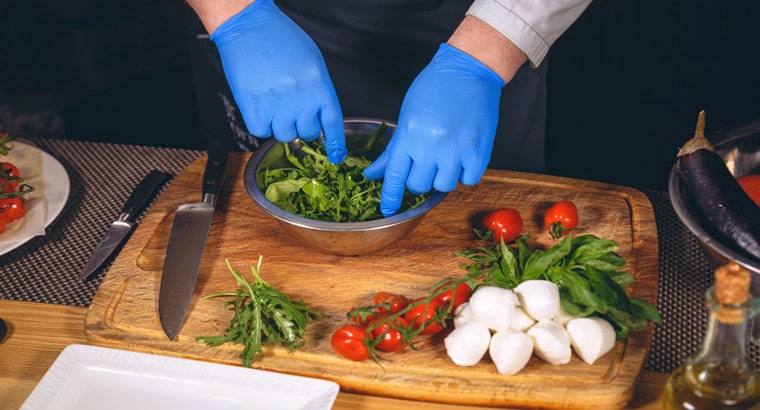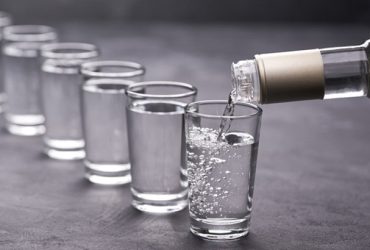Having a license shows you are serious about food safety. That’s why many hotels and other businesses are looking for people with relevant certifications.
In most states, you can earn a food handlers certificate by completing a course and passing an exam. The process is fast, easy, and usually inexpensive.
Why Businesses Need Food Safety Certification
Many food businesses require their employees to be certified to ensure the safety of the foods they handle. This includes kitchen staff, cooks, dishwashers, and janitors who clean kitchen surfaces.
By taking a course in food handling, employees can learn about proper techniques for preparing and serving food safely. This can help to reduce health infractions and keep customers safe.
Getting a certification can also give your business a competitive advantage over other establishments in the same industry and help you get funding from banks. In addition, getting a certificate can be a great way to improve the quality of your restaurant so that customers will have a higher-quality experience.
What is a food handler’s license?
The food handlers license is a pretty impressive certificate of accomplishment. It signifies that you have achieved the highest food safety training and testing standards.
Getting this certification is one of the most important things you can do to protect your customers, employees, and business.
Food handlers must complete a course and pass a test to be licensed in some states. Most courses are self-paced and can be completed anywhere you can access an internet connection. The best ones are available in multiple languages and include a free practice test and a certificate that can be printed off or mailed to your door. You can also find a free app for your smartphone that sends you an email when it’s time to retake your certificate.
Who Needs the Certification?
A food handlers license is a certification that shows that an employee has received basic food safety training and understands kitchen hygiene practices. Getting certified is an important step in protecting the health of customers and the reputation of your business.
Typically, this is required for anyone who handles unpackaged foods, food-contact surfaces, and equipment and utensils. This includes people working in restaurants, mobile food trucks, or caterers.
A food handlers license is usually easy to get online after completing a short course and passing an exam. Many local health departments also offer classes. Check with your state’s Department of Health for more details on requirements.
The Dangers of Noncompliance
Noncompliance is one of the biggest risks in the food industry. It can lead to financial losses, security breaches, and license termination.
Noncompliance can also result in hefty fines, prosecution, or imprisonment. This is why it is essential to ensure your employees understand the importance of proper food safety practices.
Categories of Food Safety Training
Categories of Food Safety Training are designed to provide a comprehensive understanding of food hygiene and safe handling. These courses are aimed at different levels of responsibility and are suitable for various industries, including manufacturing, catering, and retail.
Level 1
Ideal for employees who only handle low-risk or wrapped foods or have minimal food-handling responsibilities, such as kitchen porters, front-of-house staff, and servers.
Level 2
Designed for people who work in a catering or manufacturing setting and have higher levels of responsibility to the public. It will give you the knowledge and skills to deliver safe food to customers and help improve your business by understanding what is required to keep your workplaces clean, reduce contamination and eliminate risks.
Level 3
Suitable for those working within an SME food-related industry and responsible for ensuring that food safety & hygiene standards are maintained. This course teaches how to identify food hazards, how these can affect the health of those who come into contact with it, and the relationship between hazard and risk so that you can prioritize your actions accordingly.










